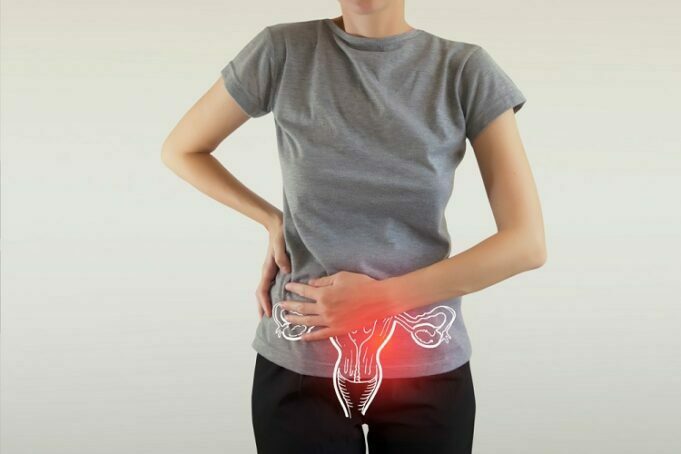Diminished ovarian reserve refers to a condition where a woman’s ovaries have a diminished number of eggs left as compared to the normal number. The ovaries are the source of eggs in a woman, and they are also responsible for producing estrogen and progesterone. These are the two most important female sex hormones. Diminished Ovarian Reserve Mountain View also known as diminished ovarian function, low ovarian reserve, primary ovarian insufficiency, and premature ovarian failure, affects a large number of women in the USA.
However, It is important to note that not all women with a diminished ovarian reserve will have difficulty conceiving, but some do. If a woman has severely diminished ovarian reserve, she may have difficulty conceiving with their own eggs and may choose to pursue other options for having a family.
Here are the causes and symptoms of diminished ovarian reserve and how it can be treated.
Table of Contents
Causes of Diminished Ovarian Reserve
The causes of diminished ovarian reserve are varied. They include;
- Premature ovarian failure or menopause before 40 years old
- Chromosome defects such as Down syndrome
- Radiation or chemotherapy
- Previous surgeries that removed your ovaries or damaged them
- Family history of early menopause
Diminished Ovarian Reserve Symptoms
Heavy menstrual flow
As you get older, you may experience heavier menstrual flow than you had in your teens and 20s. This change occurs as your ovaries produce less estrogen, which normally causes lighter periods over time. Heavy periods can be a sign that you are losing more eggs than normal.
Precocious puberty
In some cases, a diminished ovarian reserve may be caused by precocious puberty. When girls begin menstruating before age eight, or boys begin their growth spurt before age 9. Precocious puberty is not usually related to fertility problems later in life, but it can be an early sign of diminished ovarian reserve.
Difficulty conceiving
A woman with a diminished ovarian reserve may have trouble getting pregnant because fewer eggs remain in her ovaries. Women are born with all the eggs they will ever have, and those eggs decrease in quantity and quality as a woman ages. By the time a woman gets to her mid-30s and early 40s, infertility tends to become more common, and egg quality decreases enough that it becomes difficult for a woman to get pregnant naturally or through fertility treatments.
Miscarriage
Diminished ovarian reserve is associated with a greater risk of miscarriage. For this reason, some women with diminished ovarian reserve choose not to pursue fertility treatment. Other women, who still want to get pregnant, may choose to use donor eggs from an egg bank or an egg donor agency to improve their chances of success.
Find Treatment for Diminished Ovarian Reserve
When your doctor has determined that you have diminished ovarian reserve, what follows is treatment. Vitro fertilization (IVF) is the most recommended treatment option. Normally, IVF produces eggs from a woman with diminished ovarian reserve. IVF can be used with donor eggs if the woman does not produce any eggs on their own.
In some cases, your doctor will recommend trying intrauterine insemination (IUI), but it is important to understand that IUI does not work well for women with diminished ovarian reserve. The reason is that IUI involves placing sperm directly into the uterus, but normal conception requires fertilization of the egg in the fallopian tube, followed by implantation in the uterus. Since there are problems with both fertilization and implantation when a woman has diminished ovarian reserve, IUI is unlikely to help such a woman get pregnant. The preferable treatment is IVF, which bypasses these two steps by fertilizing the egg in a laboratory and placing the embryo directly into the uterus. Reach out to your doctor today, and they will recommend the best treatment option.










